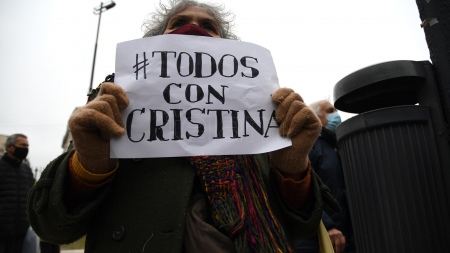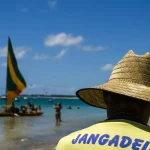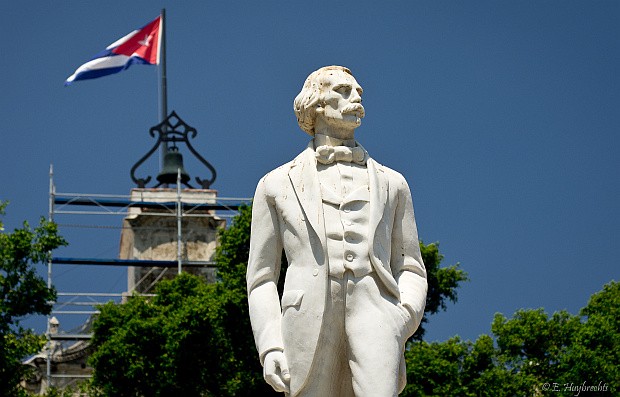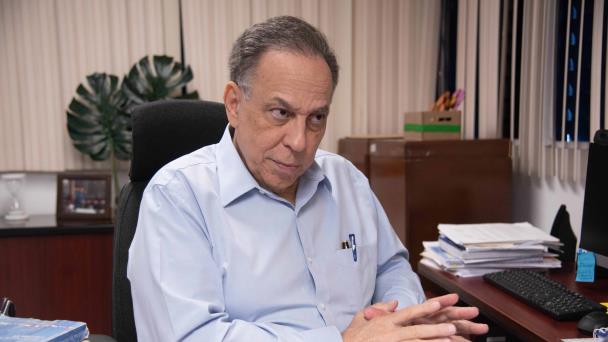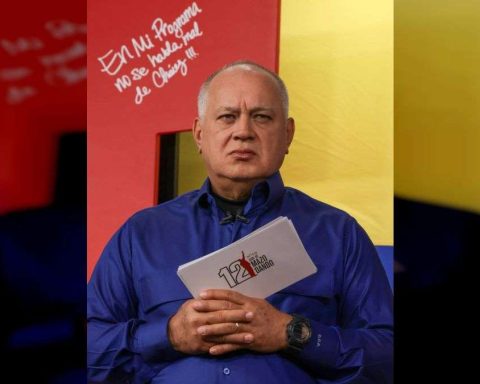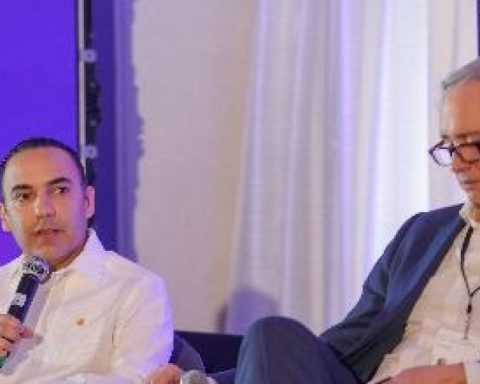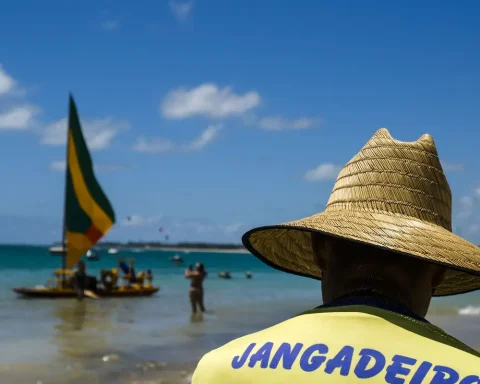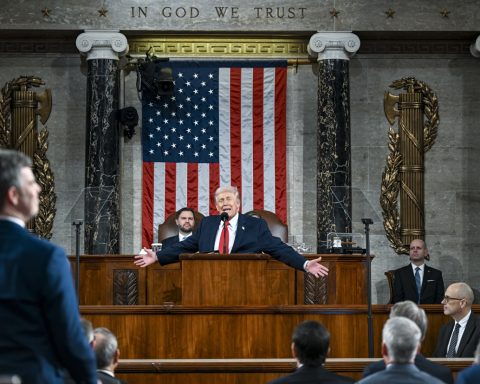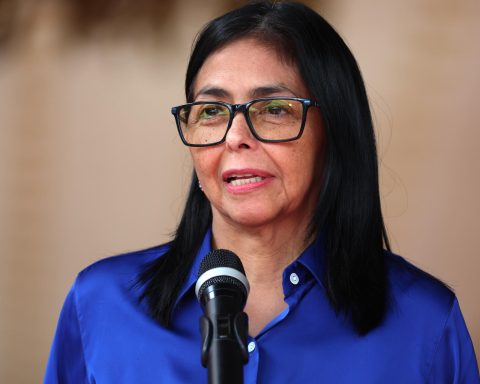The court that tried and convicted Vice President Cristina Fernández and other defendants in the so-called “Cause Road” will make known on March 9 the foundations of his verdict and the stage to present appeals before the Federal Chamber of Cassation will open for ten business days.
As anticipated by the defenses and the prosecution, the verdict of the Federal Oral Court 2 will be appealed, before which it will not remain final while this review stage is in progress, which could go all the way to the Supreme Courtwithout deadlines to resolve.
After announcing their decision on December 6, judges Jorge Gorini, Rodrigo Giménez Uriburu and Andrés Basso distributed a brief report with a summary of the reasons why the vice president was sentenced to 6 years in prison and sentences were set. for other defendants.
But as the law setsnow they will have to disseminate the full grounds of their verdict, with a well-founded explanation of their decision, based on which the parties may appeal before Cassation, the highest federal criminal court in the country.
Based on these first guidelines, all parties began to prepare their appeals, which must be submitted within 10 business days from the dissemination of the complete grounds.
On the side of federal prosecutors Diego Luciani and Sergio Mola, they are expected to question the acquittals for the crime of illicit association, which resulted in a noticeable reduction in sentences.

Both had claimed 12 years in prison for the vice president, who was sentenced to six years and perpetual disqualification from holding public office for the other crime that was considered proven, that of fraudulent administration.
They will also go to Cassation against the three resolved acquittals, including that of the former Federal Planning Minister Julio De Vido.
for his partthe defenses will appeal and ask to revoke the convictions for fraud and confirm the acquittals for illicit association, in line with the arguments they put forward in their final arguments last year.
In the trial, the former president sat on the bench for the first time, accused of benefiting the businessman Lázaro Báez with 80 percent of the national public works awarded in Santa Cruz between 2003 and 2015.
Shortly after the verdict was read, the head of the Senate and two-time president said that her conviction is part of a process that is no longer “lawfare or the Judicial Party” but “a parallel State and judicial mafia.”

Both the defense of the vice president and that of other convicts would also have the possibility of resorting to international courts, in particular the Inter-American Court of Human Rights (IDH Court), whose decisions are mandatory for the Argentine Justice.
In that aspect, Fernández de Kirchner’s defense denounced violation of constitutional guarantees, persecution and “lawfare” by the Judiciary.
In anticipation of the grounds made known to public opinion due to the institutional importance attached to the trial, the judges argued that “an extraordinary fraudulent maneuver was proven that harmed the pecuniary interests of the national public administration.”
As for the vice president, they thought that had “a manifest interest in the criminal plan“Embodied in the processing of 51 public road works tenders on national and provincial routes in Santa Cruz.
Days before, when making use of his “last words” before the court, Fernández de Kirchner had reiterated what he had argued from the beginning of the process: that the sentence he would receive “is already written” by the “judicial party.”
The trial began on May 21, 2019 in person and was suspended for six months due to the Covid-19 pandemic between March and August 2020, when it resumed virtually; finally entered its stage of allegations, last words and verdict in 2022.
In Cassation, the sentence will be reviewed by room IV, currently made up of judges Mariano Borinsky, Gustavo Hornos and Javier Carbajo, because they have already intervened in other instances of the Road case.
The three judges of Chamber IV of Cassation, as is the case in these cases, will call the parties to one or more preliminary hearings and there they will hear the grounds.

Subsequently, They will have 20 business days to resolve. although this period is usually lax, as was also seen last year with the Hotesur-Los Sauces cases and the signing of the Memorandum with Iran, both closed with dismissals without oral trial for the absence of a crime and under study by another Court of Appeal, the first .
In both cases, the hearings were held at the end of 2022 and there has not yet been a sentence.
Once Cassation renders a sentence, the Supreme Court of Justice could enter the scene, although without time limits of any kind to decide.
The judges sentenced the vice president to six years in prison and lifelong special disqualification from holding public office as “author criminally responsible for the crime of fraudulent administration to the detriment of the public administration”.
Lázaro Báez, owner of the company “Austral Construcciones”, received the same sentence for the same crime as a necessary participant.
Also sentenced to six years in prison were the former head of the National Highway Administration in that period, Nelson Periotti, and the former Secretary of Public Works, José López.
Former officials of the national highway and the province of Santa Cruz received sentences of between 4 and 5 years in prison, while all the defendants were acquitted for the crime of illicit association.
The Court ordered the updated confiscation if the sentence is final of 84,835,277,378.04 million pesos, amount considered product of the crime.
